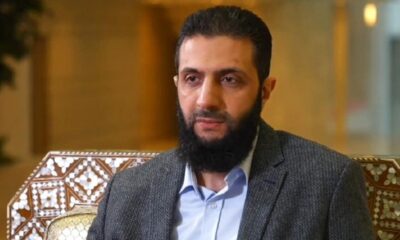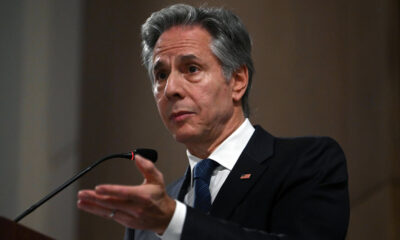Latest News
Taliban state they ‘are not ready’ for the Istanbul Conference

The Taliban’s spokesman Mohammad Naeem said on Monday the group is not ready to participate at the Istanbul Conference scheduled to start on April 16.
Naeem told Ariana News that if a later date is set, the group will hold discussions on whether to attend and will then “share the details of our decisions.”
Meanwhile, the Afghan government and the High Council for National Reconciliation (HCNR) are working to finalize the list of Turkey conference participants that will represent the Republic.
Sources said that 19 people – including politicians, government officials, and representatives of Afghan women – are expected to attend the conference.
According to the source, Chairman of the HCNR Abdullah Abdullah, Former President Hamid Karzai, Former Mujahidin leader Abdul Rasul Sayyaf, Marshal Abdul Rashid Dostum, Foreign Minister Mohammad Haneef Atmar, Jamiat-e-Islami Leader Salahuddin Rabbani, Former Vice President Mohammad Karim Khalili, Former Vice President Yunus Qanuni, Former Balkh Governor Atta Mohammad Noor, NSA Hamdullah Mohib, Sayeed Hamid Gailani, President’s Advisor for Political and Security Affairs Mohammad Mohaqiq, Chief Negotiator Masoom Stanekzai, Salam Rahimi, Deputy HCNR Hajji Din Mohammad, Habiba Sarabi, Fawzia Koofi, Fatima Gailani, and Hizb-e-Islami Leader Gulbuddin Hekmatyar are expected to attend the Istanbul Conference from the Islamic Republic side.
The HCNR, however, said this list is not finalized, adding “changes could be made in the list. Most of the participants are leading politicians.”
This comes as the US, UN, Turkey, and Qatar have handed over guiding principles for the Istanbul Summit to the Afghan government and the Taliban.
A document seen by Ariana News shows that there are nine guiding principles that could help the negotiating parties reach an agreement on some key points ahead of the Istanbul conference.
The principles include:
1- A permanent and comprehensive ceasefire is needed for the country
2- Conducting joint work for the restoration of peace without mutual accusation
3- Political partnership under Islamic principles
4- Formation of an inclusive and accountable participatory government
5- Future political arrangements need to reflect the diversity of Afghan society by way of providing equal rights for all citizens and without discrimination
6- Protecting and supporting human rights in Afghanistan
7- Future government will implement a balanced socio-economic development program to cope with poverty in Afghanistan
8- Afghanistan will maintain friendly relations with its neighbors, the region, and the international community
9- The two parties have to engage in peaceful negotiations in order to implement these principles
Latest News
There are many differences between Syria and IEA: Ahmad al-Sharaa
Sharaa denied that he wanted to turn Syria into a version of Afghanistan.

There are many differences between Syria and the Islamic Emirate of Afghanistan (IEA), Syria's de facto leader, Ahmad al-Sharaa, has said.
In an interview with the BBC in Damascus, Sharaa denied that he wanted to turn Syria into a version of Afghanistan.
Sharaa said the countries were very different, with different traditions. Afghanistan was a tribal society. In Syria, he said, there was a different mindset.
“Afghanistan is a tribal community. Syria is completely different. The people just don’t think in the same way. The Syrian government and the ruling system will be in line with Syria’s history and culture,” he said.
He said he believed in education for women.
“When it comes to women’s education, of course. We have had universities in Idlib for more than eight years. I think the percentage of women in universities is more than 60 percent.
"We've had universities in Idlib for more than eight years," Sharaa said, referring to Syria's north-western province that has been held by rebels since 2011.
"I think the percentage of women in universities is more than 60%."
Asked whether the consumption of alcohol would be allowed, Sharaa said: "There are many things I just don't have the right to talk about because they are legal issues."
He added that there would be a "Syrian committee of legal experts to write a constitution. They will decide. And any ruler or president will have to follow the law".
The Islamic Emirate has not yet commented on Ahmad al-Sharaa’s remarks on Afghanistan.
The remarks come as girls above the sixth grade have been denied the right to education for more than three years and universities are also closed to women.
Reports suggest that the leadership of the Islamic Emirate has also recently decided to close medical institutes to girls.
Latest News
Blinken urges Syria’s HTS to learn from Islamic Emirate’s isolation
The Islamic Emirate, however, rejects Blinken’s statements and says that Afghanistan is not currently isolated from the world and that they have relations with other countries.
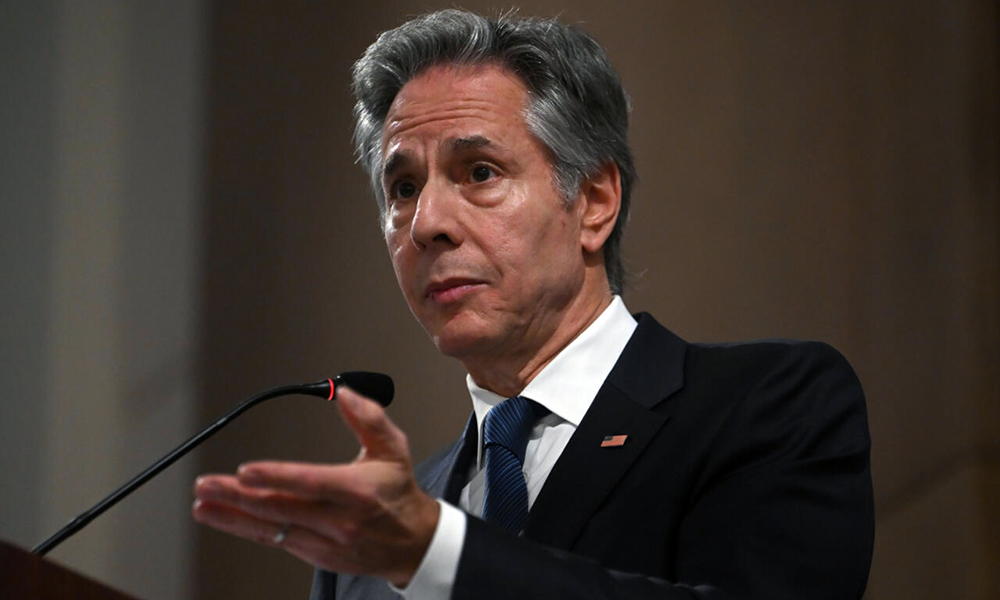
Antony Blinken, the U.S. Secretary of State, has urged Hay’at Tahrir al-Sham (HTS) in Syria to fulfill its promises of forming an inclusive government and learn from the global isolation faced by the Islamic Emirate of Afghanistan (IEA).
Speaking at the Council on Foreign Relations in New York on Wednesday, Blinken called for the establishment of a “non-sectarian” government in Syria that protects minorities and addresses security concerns.
“The Taliban (IEA) presented a more moderate face during their takeover of Afghanistan - or at least tried to - but their true nature later became evident,” he said.
As a result, the IEA remains globally isolated due to their failure to deliver on their commitments, he added.
He went on to state: “If you are an emerging group in Syria and wish to avoid such isolation, you must take specific actions to advance the country.”
Abu Mohammad al-Jolani, the leader of Syria’s HTS, has vowed that Syria will not follow the path of Afghanistan under the IEA.
Jolani has consistently advocated for protecting individual freedoms, ensuring women’s rights, and fostering a pluralistic society.
The Islamic Emirate, however, rejects Blinken's statements and says that Afghanistan is not currently isolated from the world and that they have relations with other countries.
The IEA’s spokesman Zabihullah Mujahid stated that the Islamic Emirate government has fulfilled all its commitments made in Doha.
Meanwhile, a number of Afghan experts believe that the United States is still using political and economic pressure against the Islamic Emirate to achieve its political goals.
Latest News
Two horror accidents on Kabul-Kandahar highway leave 52 dead
The Islamic Emirate has directed the relevant directorate’s to investigate the incidents to determine the exact cause of both accidents
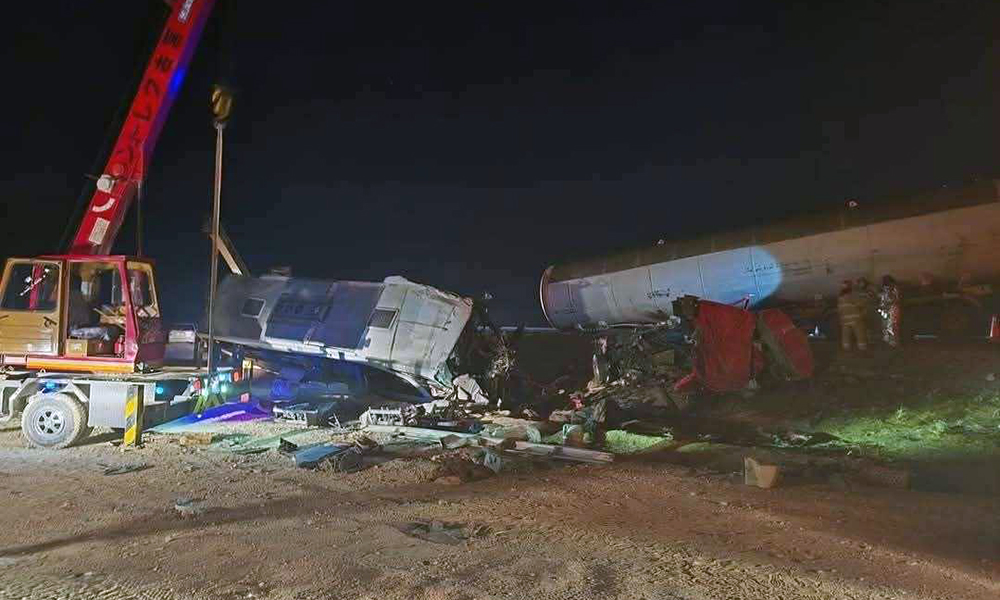
Two late-night traffic accidents in southeastern Afghanistan left at least 52 people dead and more than 65 injured, the Islamic Emirate confirmed early Thursday.
The accidents on Wednesday night happened in Ghazni province. Both accidents involved buses and one involved a fuel tanker.
According to a statement issued by the Islamic Emirate of Afghanistan (IEA) said: "It is with great regret that we learned that two fatal traffic accidents occurred on the Kabul-Kandahar highway, as a result of which 52 of our compatriots were martyred and 65 others were injured."
The Islamic Emirate has directed the relevant directorate’s to investigate the two accidents to determine the exact cause of both.
The Directorate of Information and Culture of Ghazni province meanwhile said in a statement that 47 people had died and 73 others were injured in the accidents.
The directorate stated that the injured had been taken to hospital; some of whom were in a critical condition.
One accident involved a passenger bus and a fuel tanker and the other involved a passenger bus and truck.
-

 International Sports5 days ago
International Sports5 days agoMessi vs Ronaldo: A look at their market values over the years
-
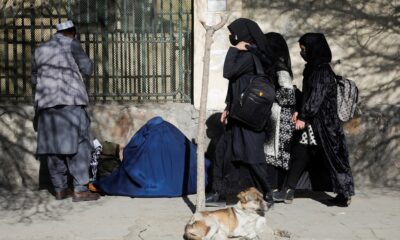
 Latest News5 days ago
Latest News5 days agoInjustices against Afghan women threaten global equality: US
-

 Sport4 days ago
Sport4 days agoATN to broadcast exciting 2025 ICC Champions Trophy live in Afghanistan
-
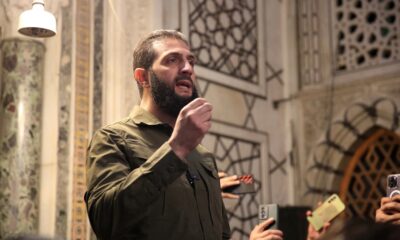
 World5 days ago
World5 days agoSyria’s de facto leader not interested in new conflicts despite Israeli attacks
-
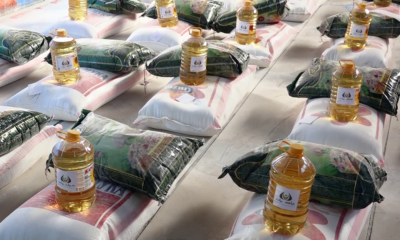
 Latest News5 days ago
Latest News5 days agoBayat Foundation delivers aid to vulnerable families in Kabul west
-
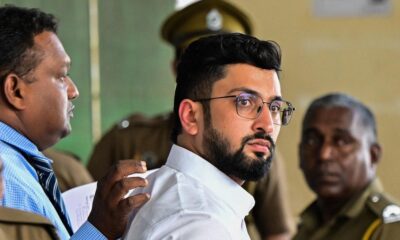
 Sport5 days ago
Sport5 days agoLanka T10: Galle Marvels co-owner arrested on match-fixing charges
-

 Sport4 days ago
Sport4 days agoRashid Khan returns to Afghanistan test squad for Zimbabwe series
-
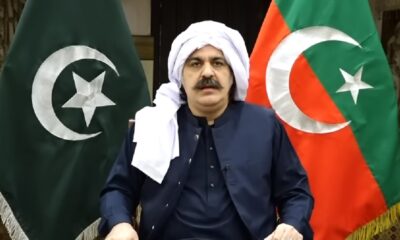
 Latest News4 days ago
Latest News4 days agoIslamabad now wants talks with Kabul, says KP chief minister








